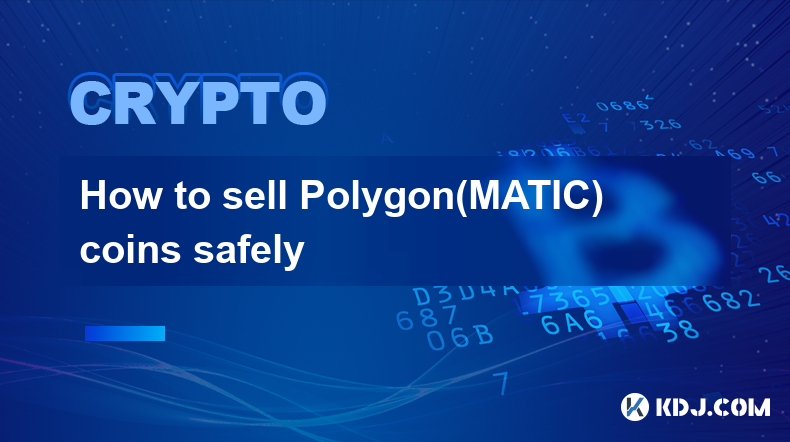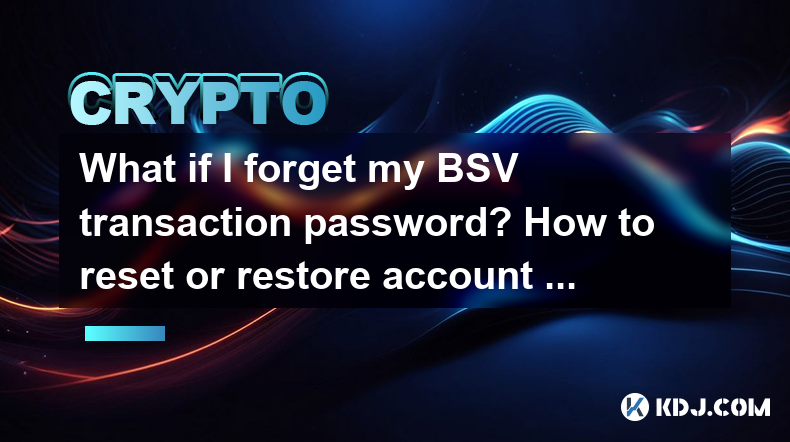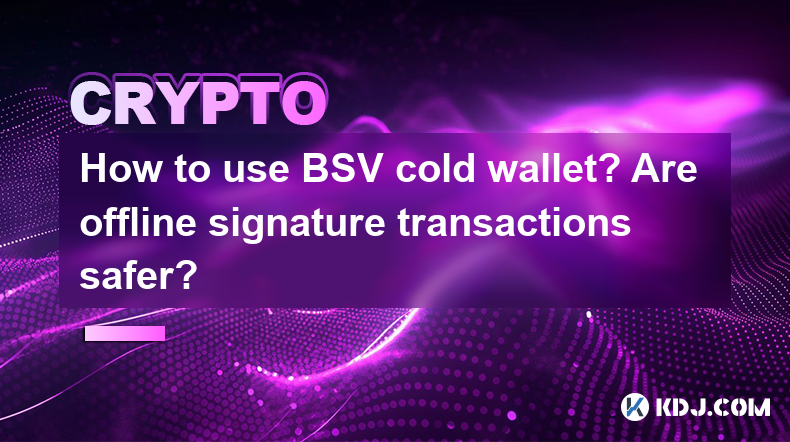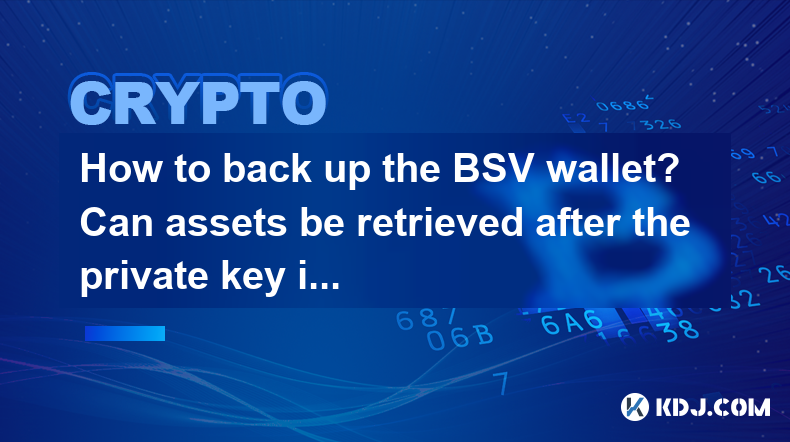-
 Bitcoin
Bitcoin $96,960.6712
0.44% -
 Ethereum
Ethereum $1,844.9719
0.13% -
 Tether USDt
Tether USDt $1.0004
0.00% -
 XRP
XRP $2.2106
-0.45% -
 BNB
BNB $600.4168
0.07% -
 Solana
Solana $148.4848
-1.27% -
 USDC
USDC $0.9999
0.01% -
 Dogecoin
Dogecoin $0.1819
0.25% -
 Cardano
Cardano $0.6990
-1.24% -
 TRON
TRON $0.2473
0.92% -
 Sui
Sui $3.4499
-5.20% -
 Chainlink
Chainlink $14.7231
-1.00% -
 Avalanche
Avalanche $21.1306
-2.17% -
 Stellar
Stellar $0.2728
-0.91% -
 UNUS SED LEO
UNUS SED LEO $8.8634
-1.78% -
 Shiba Inu
Shiba Inu $0.0...01340
-1.76% -
 Toncoin
Toncoin $3.1540
-1.63% -
 Hedera
Hedera $0.1854
-1.50% -
 Bitcoin Cash
Bitcoin Cash $379.7428
4.62% -
 Hyperliquid
Hyperliquid $21.0110
4.99% -
 Litecoin
Litecoin $87.9279
-2.79% -
 Polkadot
Polkadot $4.1672
-1.08% -
 Dai
Dai $0.9999
0.00% -
 Monero
Monero $281.9585
2.32% -
 Bitget Token
Bitget Token $4.4281
0.97% -
 Ethena USDe
Ethena USDe $1.0009
0.04% -
 Pi
Pi $0.5971
-0.81% -
 Pepe
Pepe $0.0...08658
-1.56% -
 Aptos
Aptos $5.4355
-1.71% -
 Uniswap
Uniswap $5.2481
-2.12%
How to sell Polygon(MATIC) coins safely
To securely sell Polygon (MATIC) coins, choose a reputable exchange, fund your account, place a sell order, withdraw your funds, and store them in a personal cryptocurrency wallet.
Dec 07, 2024 at 09:10 am

How to Sell Polygon (MATIC) Coins Safely
Polygon (MATIC) is a popular cryptocurrency that provides fast and secure transactions on the Ethereum blockchain. Selling MATIC coins safely requires a few simple steps. This comprehensive guide will walk you through the process, covering everything from choosing the right exchange to securing your funds.
Step 1: Choose a Reputable Exchange
The first step is to choose a reputable cryptocurrency exchange that supports MATIC trading. Several exchanges offer MATIC trading, so it's essential to research their fees, security measures, and customer support to find the best fit for your needs.
Factors to Consider:
- Trading Volume: High trading volume indicates a liquid market, ensuring you can quickly buy or sell MATIC coins at fair prices.
- Fees: Exchanges charge different fees for trading and withdrawals. Compare fees and choose an exchange with competitive rates.
- Security: Strong security measures, such as two-factor authentication (2FA) and SSL encryption, protect your funds from unauthorized access.
- Customer Support: Responsive and knowledgeable customer support can assist with any issues you encounter during the trading process.
Step 2: Create an Account with the Exchange
Once you've selected an exchange, create a user account by providing your personal information, email address, and phone number. To enhance security, most exchanges require you to verify your identity through a process known as Know-Your-Customer (KYC).
KYC Verification:
- Submit a government-issued ID (passport, driver's license, etc.)
- Provide a proof of residence (utility bill, bank statement)
- Complete a facial recognition scan
Step 3: Fund Your Account (Optional)
If you don't already have funds in your exchange account, you can deposit traditional currencies (e.g., USD, EUR) via bank transfer or credit/debit card. Some exchanges also support crypto-to-crypto deposits, allowing you to transfer other cryptocurrencies into your account.
Deposit Fees:
- Bank transfers: Usually incur lower fees but take longer to process.
- Credit/Debit cards: Offer faster processing but come with higher fees.
- Crypto-to-crypto deposits: Fees vary depending on the exchange and cryptocurrency.
Step 4: Place a Sell Order
Navigate to the MATIC trading page on the exchange and place a sell order, specifying the amount of MATIC you want to sell and the desired price. You can choose from different order types, such as market orders for immediate execution or limit orders for specific price targets.
Order Types:
- Market Order: Sells MATIC instantly at the current market price.
- Limit Order: Sells MATIC only when the market price reaches your specified limit price.
- Stop-Limit Order: A combination of stop and limit orders, where a stop price is set to trigger the limit order when the market price reaches that point.
Step 5: Withdraw Your Funds
Once your MATIC coins are sold, you can withdraw the proceeds to a crypto wallet or bank account. Withdrawals are typically processed within a few hours, but some exchanges may take longer.
Withdrawal Fees:
- Cryptocurrency withdrawals: Fees vary depending on the cryptocurrency and network congestion.
- Bank withdrawals: May incur a flat fee or percentage-based commission.
Step 6: Secure Your Funds in a Crypto Wallet
For enhanced security, it's recommended to withdraw your MATIC coins to a personal cryptocurrency wallet that you control. Hardware wallets, such as Ledger and Trezor, provide the highest level of security, while software wallets are more convenient for everyday use.
Benefits of Crypto Wallets:
- Private key control: You have complete control over your funds.
- Offline storage: Hardware wallets store private keys offline, reducing the risk of hacking.
- Multiple coin support: Many wallets support multiple cryptocurrencies, including MATIC.
Disclaimer:info@kdj.com
The information provided is not trading advice. kdj.com does not assume any responsibility for any investments made based on the information provided in this article. Cryptocurrencies are highly volatile and it is highly recommended that you invest with caution after thorough research!
If you believe that the content used on this website infringes your copyright, please contact us immediately (info@kdj.com) and we will delete it promptly.
- Bitcoin Surges Past $96,000, Fueling Speculation That the $100,000 Milestone Is Imminent
- 2025-05-03 06:15:12
- A LINCOLN penny worth a staggering $94,000 is still in circulation
- 2025-05-03 06:15:12
- Ethereum (ETH) Experienced a Significant Drop of -45.41% in Q1 of 2025
- 2025-05-03 06:10:12
- April Was a Big Month for Whales Targeting Ripple XRP and Bitcoin (BTC)
- 2025-05-03 06:10:12
- Movement Labs Suspends Co-founder Rushi Manche After a Deal He Facilitated Caused Controversy
- 2025-05-03 06:05:13
- FloppyPepe (FPPE): The AI Altcoin Poised To OutPerform XRP's 1,500% Rally
- 2025-05-03 06:05:13
Related knowledge

BSV transaction fees suddenly increased? How to adjust the handling fee to save costs?
May 02,2025 at 06:42am
Understanding BSV Transaction FeesBSV (Bitcoin SV) aims to fulfill the original vision of Bitcoin as a peer-to-peer electronic cash system. One of the key elements in this system is the transaction fee, which compensates miners for including transactions in the blockchain. Recently, users have noticed a sudden increase in BSV transaction fees, which can...

How to solve the high slippage of BSV transactions? How to choose between limit and market orders?
May 02,2025 at 09:01pm
High slippage can be a significant concern for traders dealing with Bitcoin SV (BSV) transactions. Slippage refers to the difference between the expected price of a trade and the price at which the trade is actually executed. This can occur in fast-moving markets or when there is low liquidity. To address this issue, understanding the mechanics of slipp...

What if I forget my BSV transaction password? How to reset or restore account permissions?
May 02,2025 at 02:49pm
Forgetting your BSV (Bitcoin SV) transaction password can be a stressful experience, but there are steps you can take to reset or restore your account permissions. This article will guide you through the process, ensuring you understand each step and potential solutions available to you. Understanding BSV Transaction PasswordsBSV transaction passwords a...

How to use BSV cold wallet? Are offline signature transactions safer?
May 02,2025 at 05:21am
Using a BSV (Bitcoin SV) cold wallet involves several steps to ensure the secure storage and management of your cryptocurrency. A cold wallet, also known as a hardware wallet or offline wallet, is a physical device that stores your private keys offline, making it much more secure than keeping your keys on a computer or mobile device connected to the int...

How to back up the BSV wallet? Can assets be retrieved after the private key is lost?
May 01,2025 at 11:50pm
Introduction to BSV Wallet BackupBacking up your BSV (Bitcoin SV) wallet is a crucial step in safeguarding your digital assets. The process involves securing your private keys, which are essential for accessing and managing your BSV. Understanding how to back up your wallet and the implications of losing your private key is vital for any cryptocurrency ...

Is BSV worth holding for a long time? Which is more suitable, fixed investment or one-time purchase?
Apr 30,2025 at 08:39pm
Is BSV worth holding for a long time? Which is more suitable, fixed investment or one-time purchase? Bitcoin SV (BSV) has been a topic of interest and debate within the cryptocurrency community since its inception. Stemming from a hard fork of Bitcoin Cash (BCH), BSV aims to fulfill the original vision of Bitcoin as outlined by Satoshi Nakamoto, focusin...

BSV transaction fees suddenly increased? How to adjust the handling fee to save costs?
May 02,2025 at 06:42am
Understanding BSV Transaction FeesBSV (Bitcoin SV) aims to fulfill the original vision of Bitcoin as a peer-to-peer electronic cash system. One of the key elements in this system is the transaction fee, which compensates miners for including transactions in the blockchain. Recently, users have noticed a sudden increase in BSV transaction fees, which can...

How to solve the high slippage of BSV transactions? How to choose between limit and market orders?
May 02,2025 at 09:01pm
High slippage can be a significant concern for traders dealing with Bitcoin SV (BSV) transactions. Slippage refers to the difference between the expected price of a trade and the price at which the trade is actually executed. This can occur in fast-moving markets or when there is low liquidity. To address this issue, understanding the mechanics of slipp...

What if I forget my BSV transaction password? How to reset or restore account permissions?
May 02,2025 at 02:49pm
Forgetting your BSV (Bitcoin SV) transaction password can be a stressful experience, but there are steps you can take to reset or restore your account permissions. This article will guide you through the process, ensuring you understand each step and potential solutions available to you. Understanding BSV Transaction PasswordsBSV transaction passwords a...

How to use BSV cold wallet? Are offline signature transactions safer?
May 02,2025 at 05:21am
Using a BSV (Bitcoin SV) cold wallet involves several steps to ensure the secure storage and management of your cryptocurrency. A cold wallet, also known as a hardware wallet or offline wallet, is a physical device that stores your private keys offline, making it much more secure than keeping your keys on a computer or mobile device connected to the int...

How to back up the BSV wallet? Can assets be retrieved after the private key is lost?
May 01,2025 at 11:50pm
Introduction to BSV Wallet BackupBacking up your BSV (Bitcoin SV) wallet is a crucial step in safeguarding your digital assets. The process involves securing your private keys, which are essential for accessing and managing your BSV. Understanding how to back up your wallet and the implications of losing your private key is vital for any cryptocurrency ...

Is BSV worth holding for a long time? Which is more suitable, fixed investment or one-time purchase?
Apr 30,2025 at 08:39pm
Is BSV worth holding for a long time? Which is more suitable, fixed investment or one-time purchase? Bitcoin SV (BSV) has been a topic of interest and debate within the cryptocurrency community since its inception. Stemming from a hard fork of Bitcoin Cash (BCH), BSV aims to fulfill the original vision of Bitcoin as outlined by Satoshi Nakamoto, focusin...
See all articles





















































































